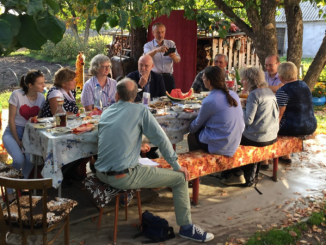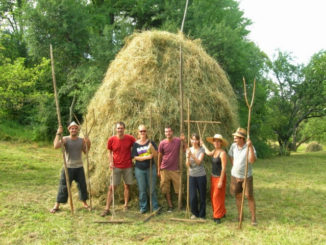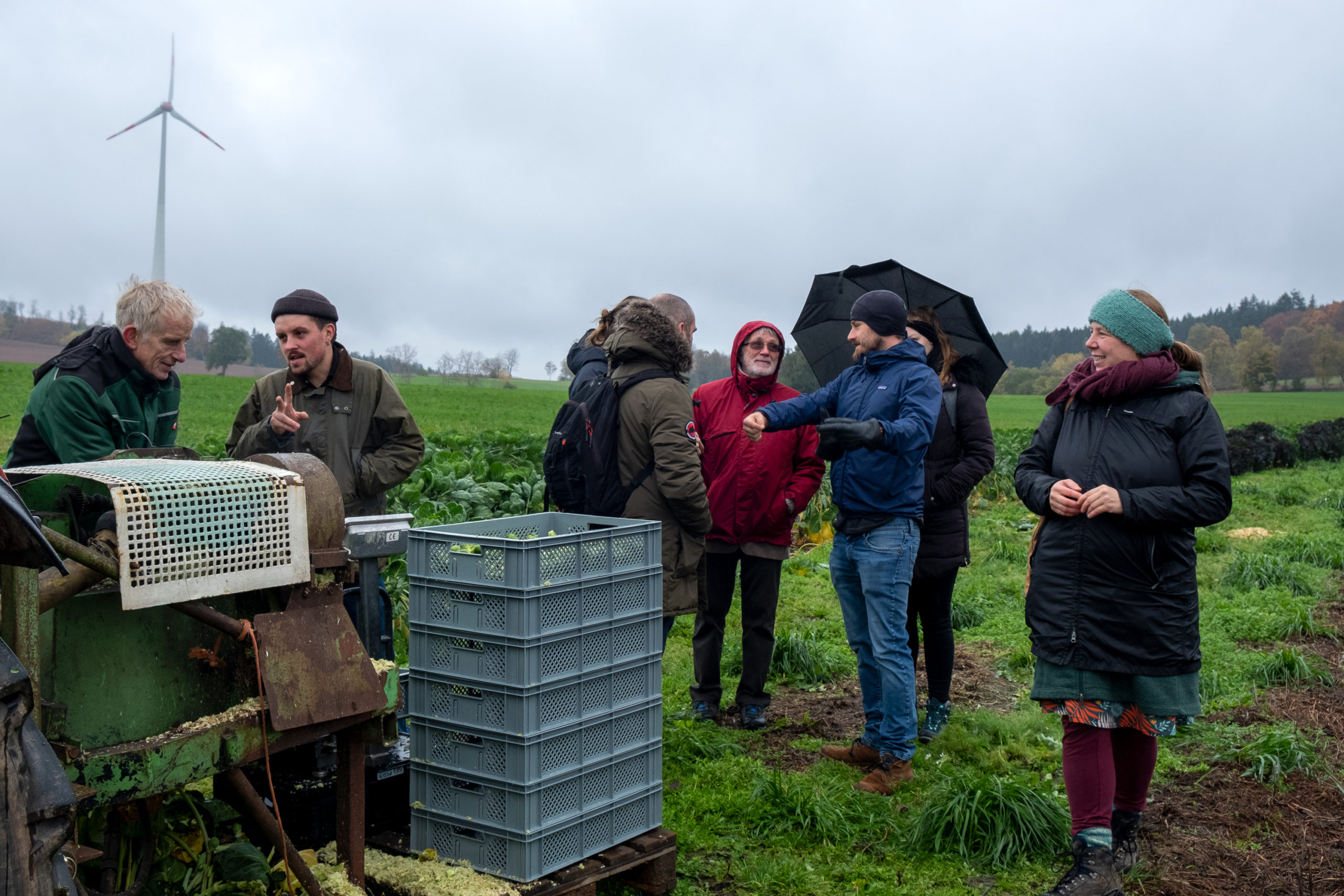
Generations have different perceptions of time. While the elder generation looks back at their achievements, failures and lessons learnt, the younger generation projects their ambitions into the future and tries to grasp the unknown. Understanding each other’s needs and qualities is therefore often lost in non-communication, but it’s needed more than ever. At the European Action Gathering for Sustainable Food Systems in Marburg, Germany, Forum Synergies invited participants to consider aspects of intergenerational cooperation. Here the Forum Synergies team shares key conclusions.
By Katrīna Idū, Simone Matouch, Vahe Darbinyan and Donát Lanszki, an intergenerational team.
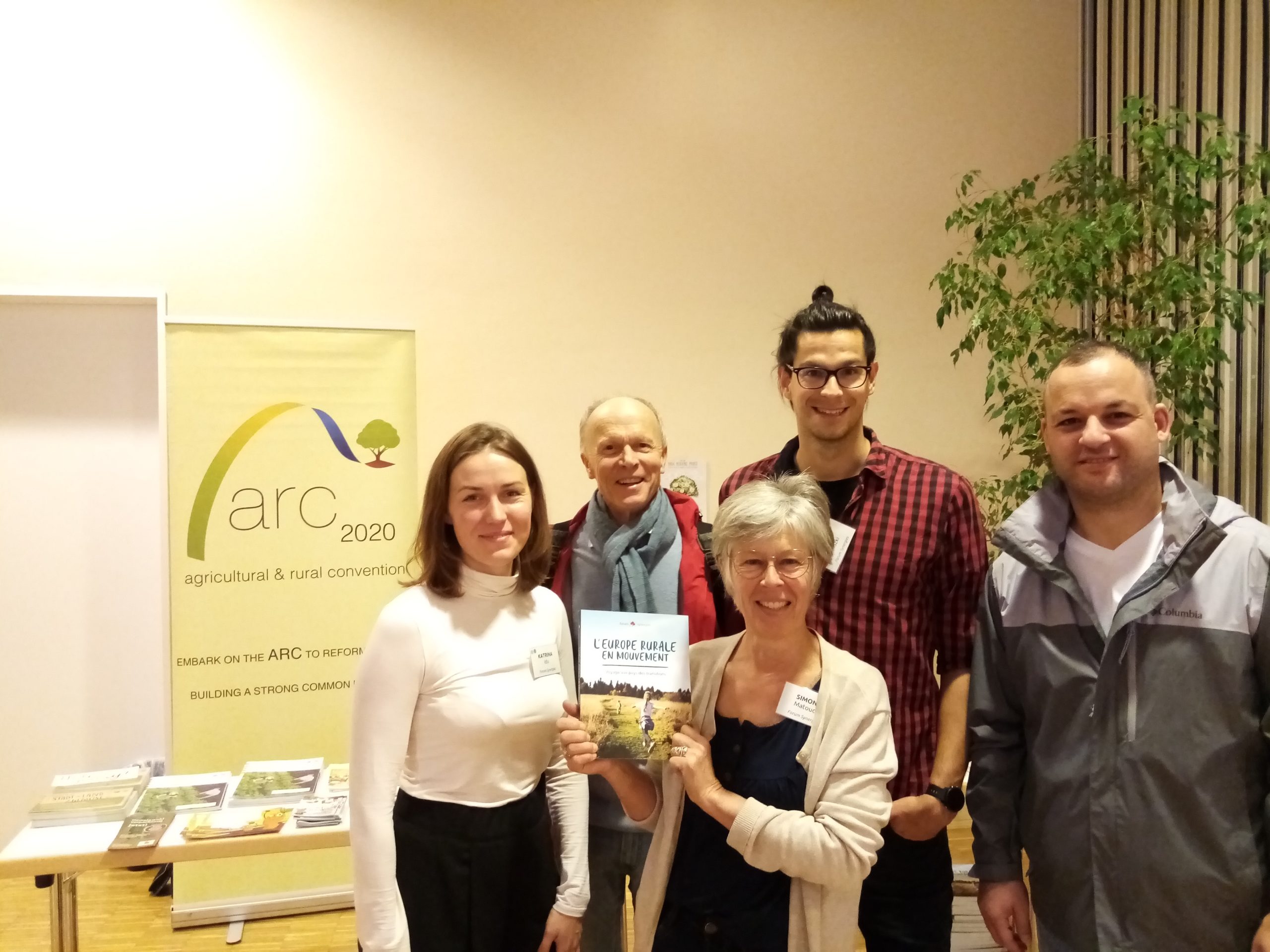
On fears and bridging the gaps
“There is a growing fear of insecurity about food in our societies. We fear losing control of what we will be able to eat in the future. But we also see many local initiatives across Europe working on new food systems. However, to be honest, real change is coming too slowly. One important reason seems to be an absence of exchange, understanding and trust between generations.
Elders tend to hold on to their habits, the younger generation wants to try out and take risks. We need to overcome that gap in order to move on to common action on our farming and food systems of the future. We work for a new intergenerational agreement. Food must come back to the centre of our lives”, says Katrina Idu (age 33), President of Forum Synergies, a partner organisation of ARC2020.
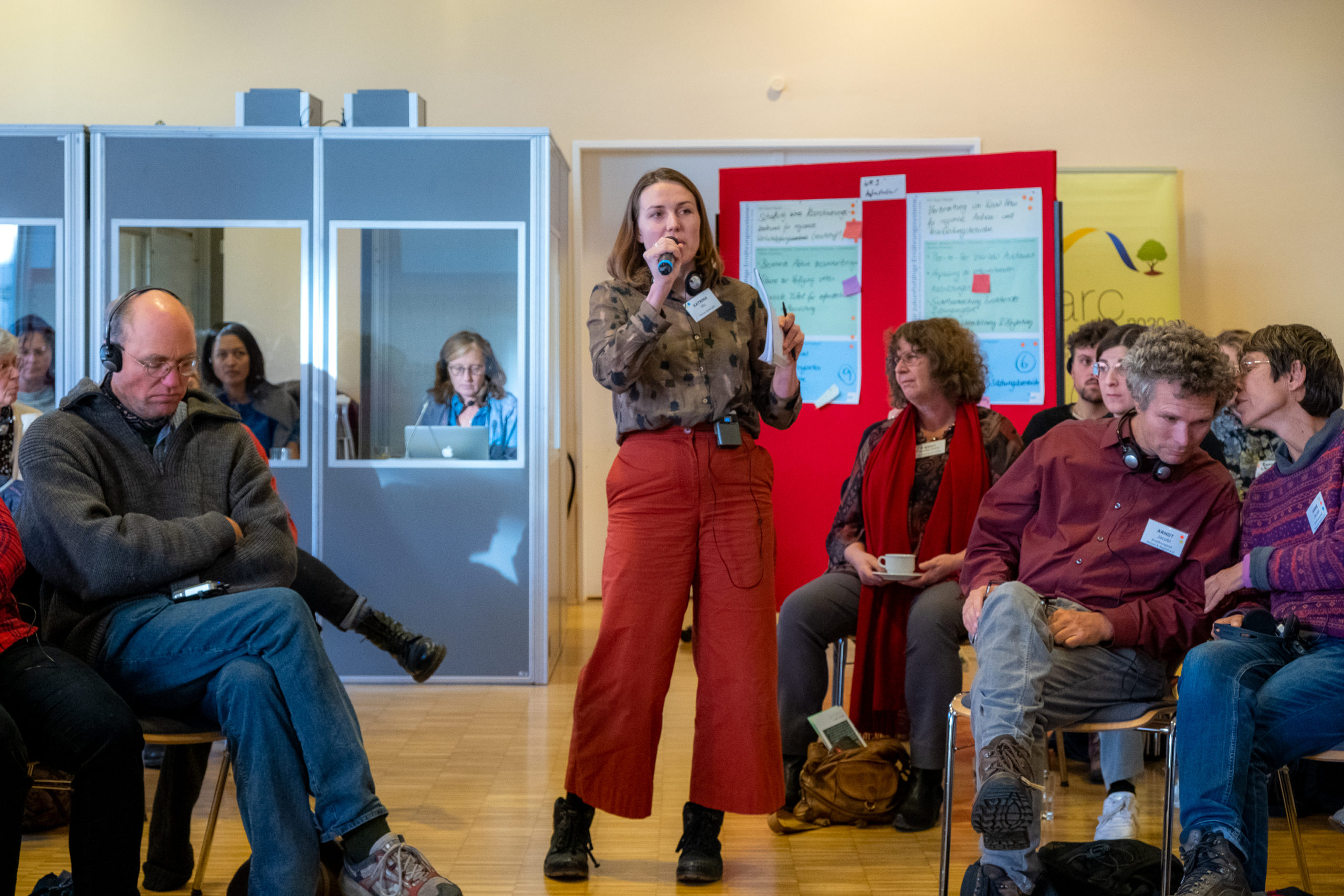
Mutual learning
“We have often heard complaints about a missing understanding between generations, but we do not want to remain there. We want an intergenerational dialogue, but we want to push it further – it is about action and transmission, it is about mutual learning and mentoring, it is about understanding why there are gaps and conflicts – it is our story of intergenerational cooperation and action now,” affirms Donát Lanszki from Hungary, (age 31), activist for food and development education.
“In recent years, there has been a significant shift in people’s attitudes toward work, especially among the younger generation. We are choosing a different lifestyle, relying more on internal motivation – doing something because we love it, because it brings us joy, because it matters to us.
“While external motivation and the completion of a specific job were emphasized in the past, today, our self-development and personal fulfillment take precedence. Values have also changed, with many recognizing the importance of making a positive impact on the environment rather than just seeking a high salary or a secure job until retirement.”
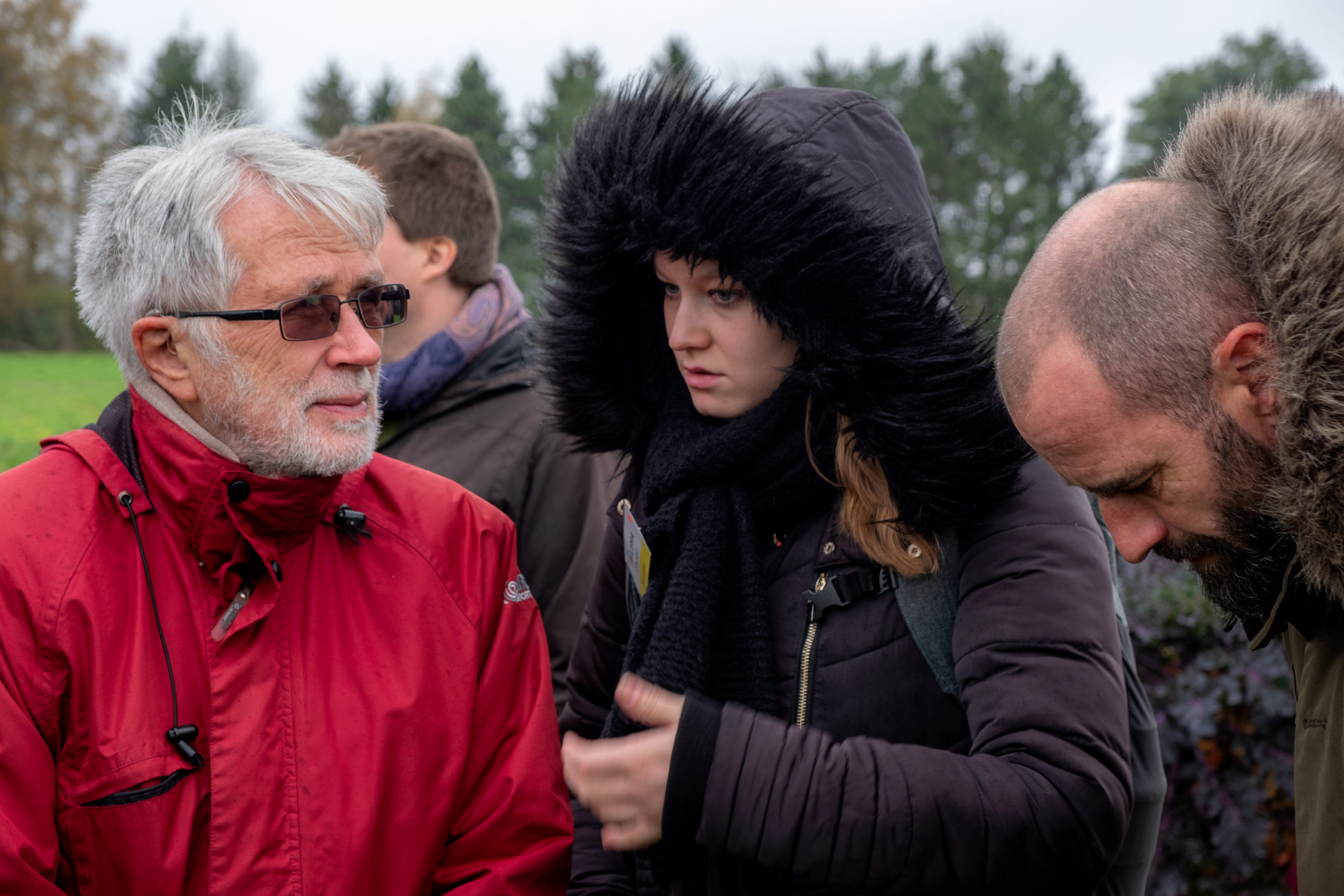
We are moving fast
“We are moving fast. The digital transformation has led to an increase in the quantity of available information, with media omnipresent, providing us with stimuli for numerous new, previously unknown challenges. For example, after completing our studies, we find ourselves unsure of what direction to take in life. The abundance of options, coupled with a lack of self-confidence, often leads to fear of making wrong decisions.
“Additionally, changes in financial situations and high inflation, especially in urban areas, present an extra challenge, causing many of us to remain at home with our parents for an extended period, unable to support ourselves and move on. This situation keeps us dependent, limiting opportunities to turn adult and responsible, with parents often making decisions on our behalf. This makes communication between generations difficult and slows down the process of self-discovery and determining our own life path.”
Donát shares his insights on motivational training, which he sees as an important tool to strengthen self-awareness: “Motivational training guides self-discovery through exercises and group interactions, highlighting common interests among peers. It exposes participants to dynamic group experiences, fostering a desire for future encounters.
By the end, individuals identify specific topics for exploration. The program’s strength is in small team collaboration, transcending age-related challenges and promoting universal growth. Engaging with diverse age groups brings fresh perspectives, fostering cross-generational collaboration.”
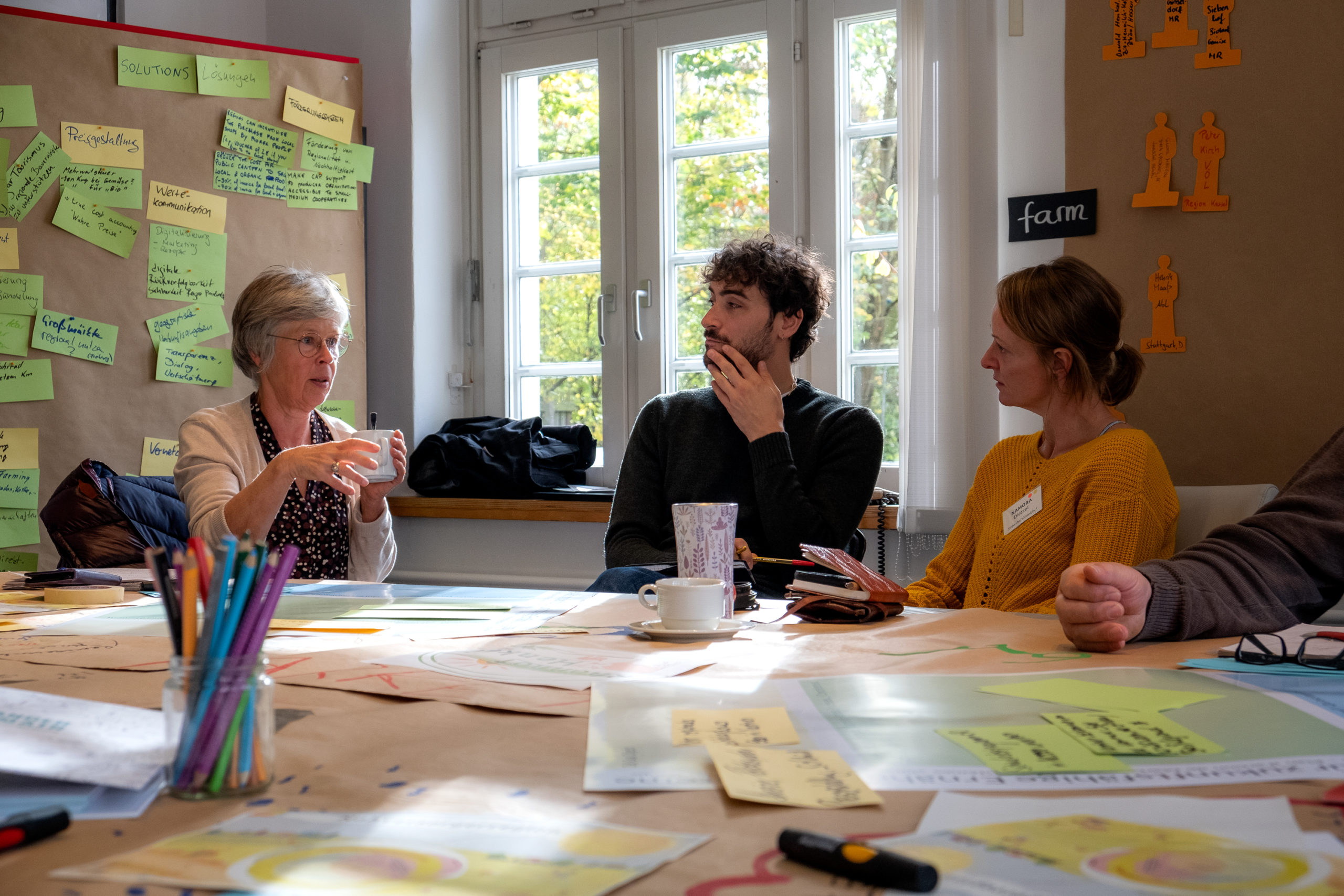
Do not accommodate business as usual
“A tendency to just continue what has been done in the past seems to be the most tricky hurdle in handing responsibilities over to the next generation – be it transition on farm level, within NGOs or running projects. Young people need to set their own life agenda, away from parents and established figures,” says Simone Matouch (age 58), coordinator of Forum Synergies from Austria, where she runs a herb and natural remedies enterprise in a remote Alpine village. “Self-discovery and self-definition is an intrinsic factor for independence and change. We must give more space for self-determination and cooperation.
“Frustration of young people comes from being tied to systems that do not work for them and limit their creativity and capacities to take responsibility. Being stopped short from taking over sometimes culminates in despair. They leave the place which could have become their space for the future – which is almost the rule in rural areas. They go urban or “underground” so to speak. – Do not follow the mainstream – that was one of the recommendations of an elder participant at the Marburg gathering, the main message he had given to his son when taking over the farm.”
Wisdom meets innovation
“Many young people don’t want to wait for change – they want to be part of the solution and no longer part of the problem. They take responsibility for their actions and the future of their children. Be it as farmers, or as part of communities like in Plessé, France and many other places, as the range of participants at the Marburg gathering showed.” This is an insight of Vahe Darbinian (age 34), from Armenia, who runs a rural development network with focus on intergenerational cooperation.
Vahe explains: “Intergenerational cooperation serves as a catalyst for innovation in the context of rural development and aligns seamlessly with the theme of committed partnerships and cooperation. This collaboration between different generations becomes an innovative asset, adding depth and richness to our exploration of committed partnerships in community development.
“The seasoned perspectives and historical knowledge held by the elder generation serve as valuable assets, contributing to the cultural wealth of our community. Simultaneously, the vigour and innovative spirit of the younger generation become driving forces for transformative partnerships. By integrating intergenerational cooperation into the discussion, we tap into a wellspring of diverse talents and experiences.
“This approach ensures that our rural development initiatives are not only inclusive but also benefit from the collective wisdom and dynamism that spans across generations. Together, we can weave a narrative of sustained collaboration, where intergenerational bonds are recognised as innovative assets that fortify our commitment to creating positive and enduring change within our community.”
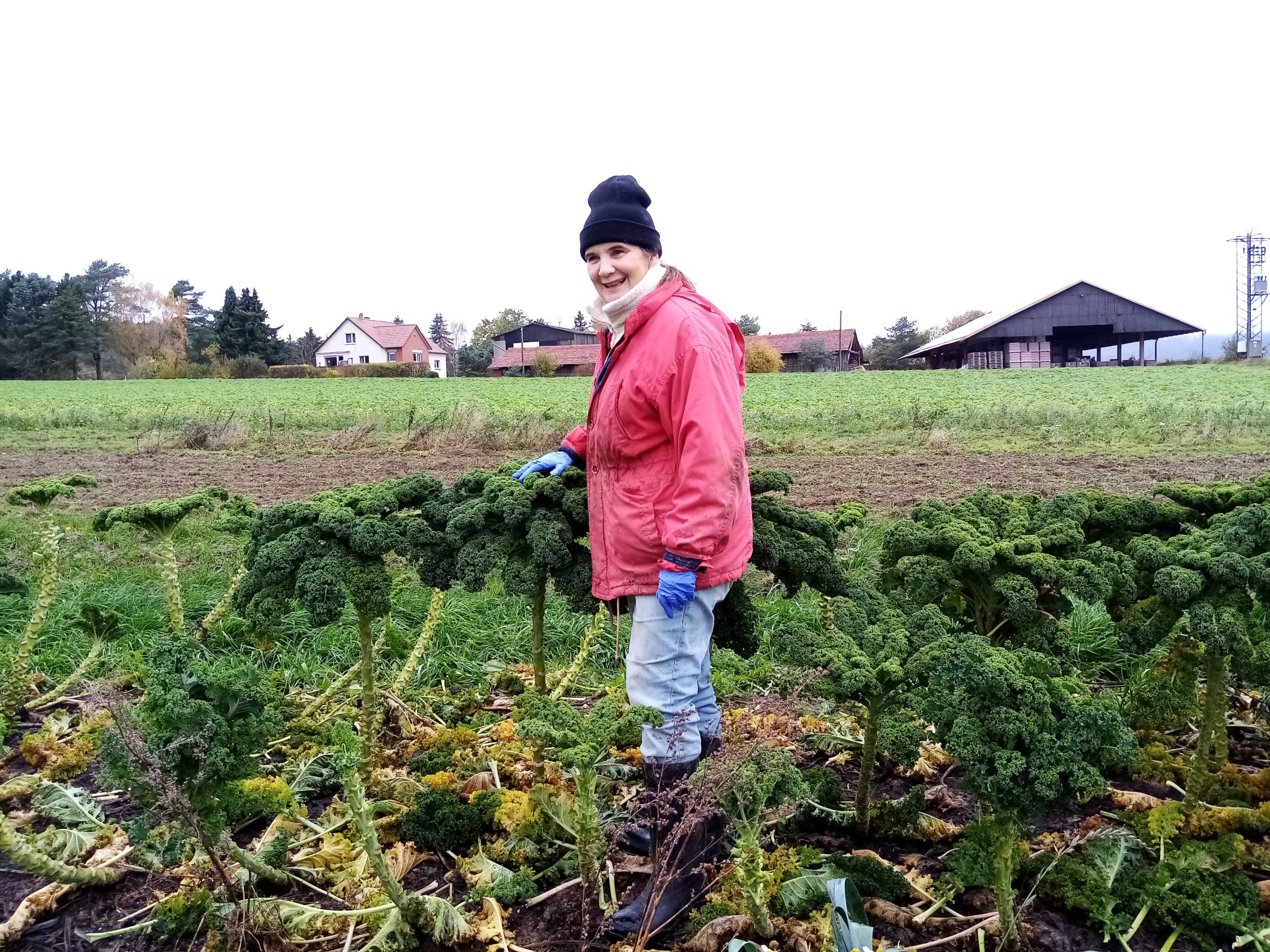
Innovative mentoring, open mindedness, time and space
“What I take from the Marburg gathering is that we are facing so many challenges at the same time and need so much energy to find solutions,” says Katrina. “Solutions require our courage and open mindedness. Experimentation is essential for young people, but it needs open mindedness of the adults, time and space for exchange and real common action.
“Young people, especially young parents, have difficulties finding free time as they launch professional lives, become independent and take care of families. To drive necessary changes, there is a need for support for and recognition of volunteering. We see that at all levels – local and European NGOs are often represented by the same people for years – as these are often voluntary positions; that is why generational transition is so slow. In local communities changes are often driven by local leaders who are juggling multiple jobs to volunteer during their free time on the limit of burnout.
“And there are important value changes that we need to take into account. With increasing concerns about people’s mental health in the modern world, younger people who have seen their parents work tirelessly and felt all the consequences that this way of life has induced, do not want to find themselves in the same position. Younger generations want to spend more time enjoying life – having more quality time together with their children, more culture and art, they want to spend some time taking care of their health, mental and physical. But they also want to be involved in their community life.”
More
Sustainable Food Systems cannot be postponed! – From the Marburg Gathering
Compassion for Future at Latvian Rural Communities Parliament
From Shrinking to Resilience – Lessons Learned at the Latvian Rural Parliament


